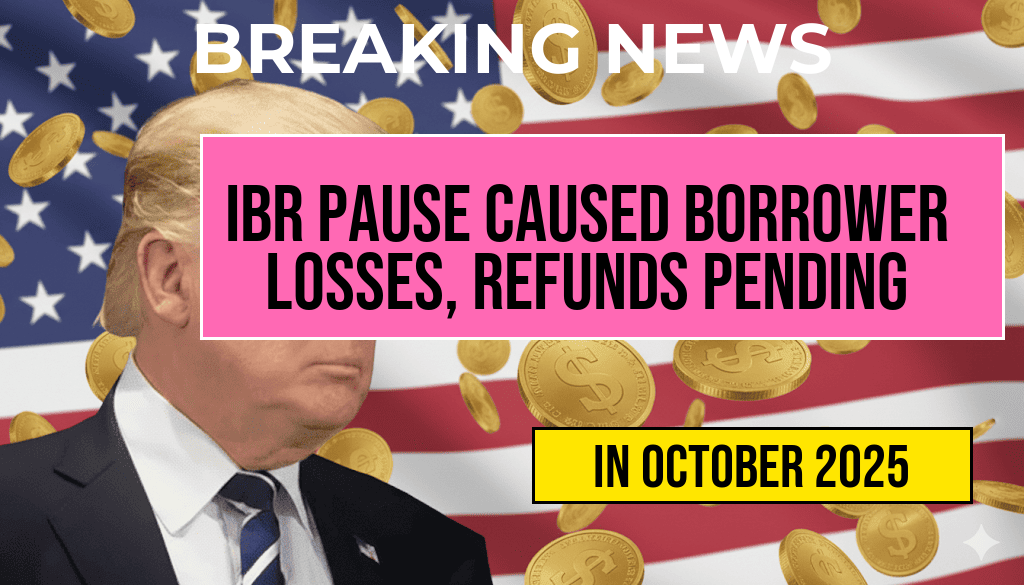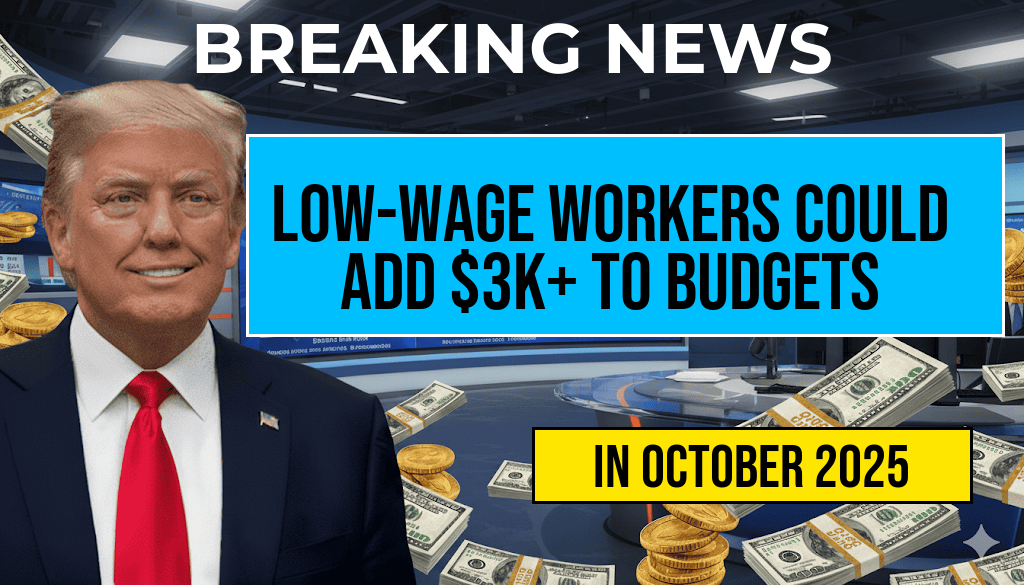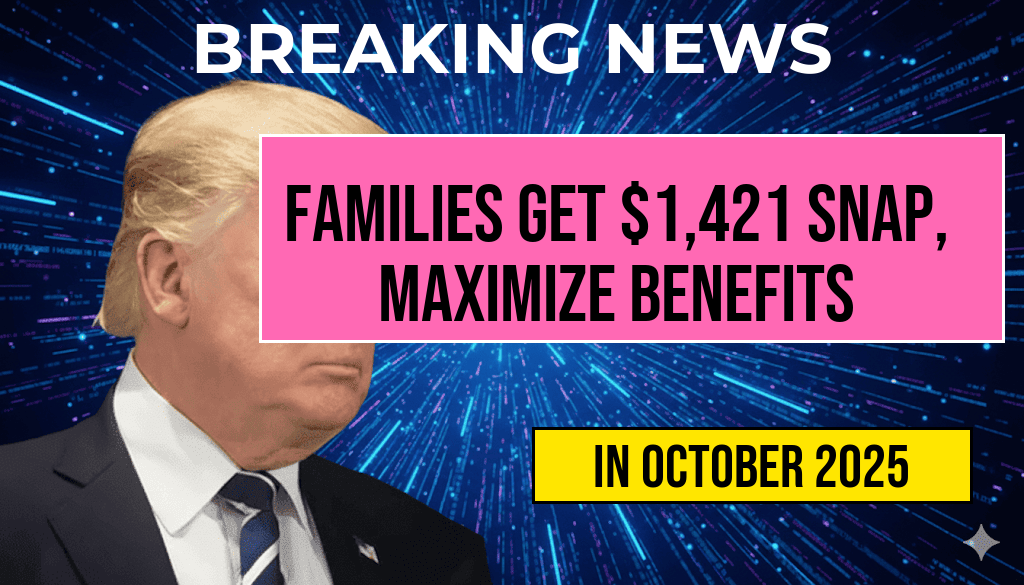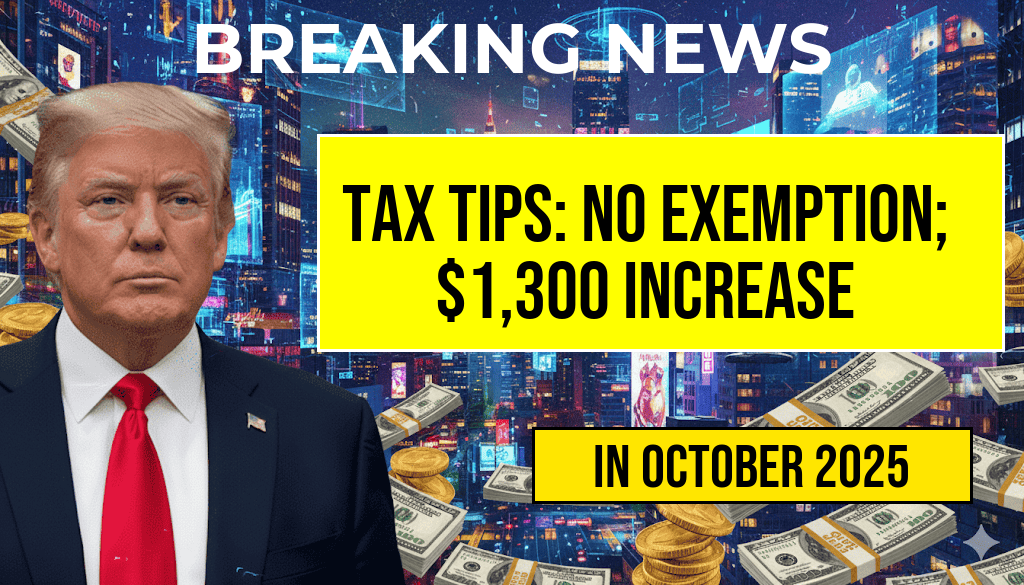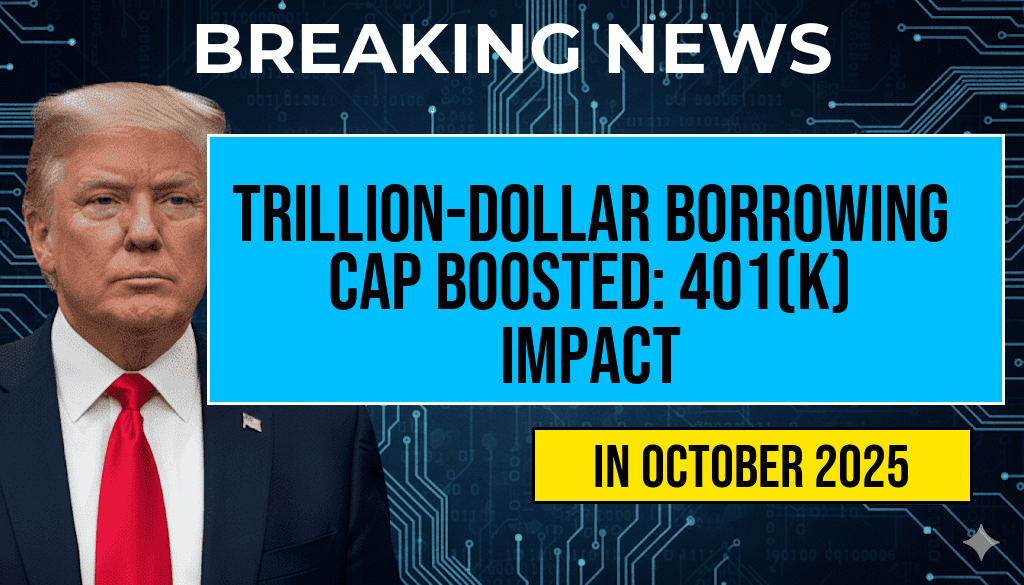The recent suspension of the Income-Based Repayment (IBR) program has left hundreds of federal student loan borrowers facing unexpected financial setbacks, with some experiencing significant losses. The temporary pause, initiated by the Department of Education amidst ongoing policy reviews, has led to a backlog of account adjustments and refunds that are yet to be scheduled. Borrowers report discrepancies in their account balances, missed payments, and in some cases, overpayment issues, prompting widespread concern. The department has assured affected individuals that refunds will be issued, but a definitive timeline remains unannounced, fueling frustration among those impacted. As the department works to resolve these issues, experts emphasize the importance of understanding alternative repayment options and staying informed through official channels to prevent further financial complications.
Background on the IBR Program
The Income-Based Repayment (IBR) plan was introduced to provide manageable monthly payments for federal student loan borrowers based on income and family size. Launched in 2009, it aimed to alleviate the financial burden for those with limited income, offering forgiveness after 20 or 25 years of qualifying payments. Over the years, millions of borrowers have relied on IBR to keep their student debt manageable, especially during economic downturns or periods of unemployment.
The Suspension and Its Immediate Impact
In late 2023, the Department of Education announced a temporary suspension of the IBR program, citing ongoing review processes and the need to update certain eligibility criteria. This pause, effective immediately, was intended to prevent new enrollments and modifications to existing accounts until further notice. However, this decision inadvertently disrupted the repayment plans of hundreds of borrowers, leading to administrative errors and delays in processing refunds.
Reported Losses and Discrepancies
| Issue | Number of Reports | Description |
|---|---|---|
| Overpayment | Approximately 150 | Borrowers paid more than their due amount due to system errors, leading to credit balances or refunds pending. |
| Missed Payments | Over 200 | Some accounts showed missed payments, resulting in potential credit score impacts. |
| Account Lockouts | 50+ | Users reported being unable to access their accounts or make payments. |
Official Response and Refund Commitments
The Department of Education has acknowledged the issues caused by the IBR suspension and pledged to resolve affected accounts promptly. In a recent statement, officials emphasized that they are actively working to correct errors and process refunds where applicable. However, no specific date has been provided for when refunds will be distributed, leaving many borrowers uncertain about when they can expect financial relief.
“We recognize the inconvenience caused by this pause and are committed to ensuring that all affected borrowers are made whole,” a department spokesperson stated. “We are developing a comprehensive plan to review accounts, issue refunds, and resume normal operations as swiftly as possible.”
Broader Implications for Borrowers
The temporary disruption underscores the challenges faced by federal student loan borrowers amid administrative adjustments. Many individuals rely heavily on the predictability of repayment plans like IBR to manage their finances, especially during economic instability.
Some borrowers have turned to advocacy groups for guidance, urging the department to expedite refunds and improve communication. “The lack of a clear timeline creates unnecessary anxiety for borrowers who are already navigating significant debt,” said Jane Smith, director of Student Debt Relief Coalition. “Transparency is crucial to maintaining trust.”
Alternative Options and Next Steps
- Monitor Official Communications: Borrowers should stay updated through the Federal Student Aid website for official announcements regarding refund timelines and program resumption.
- Review Account Status: Log into the Federal Student Aid portal to verify account details and flag any discrepancies.
- Explore Other Repayment Plans: Consider switching to alternative income-driven repayment options, such as Income-Contingent Repayment (ICR) or Revised Pay As You Earn (REPAYE), if feasible.
- Seek Assistance: Contact the Federal Student Aid Information Center or consult with a financial advisor for personalized guidance.
Looking Ahead
The situation surrounding the IBR pause highlights the delicate balance between administrative updates and borrower protections. As the Department of Education finalizes its review process, affected individuals await concrete deadlines for refunds and account corrections. The episode also emphasizes the importance of proactive communication from federal agencies and the need for robust systems to handle unexpected disruptions without causing widespread financial hardship.
While the department has not set a firm date for refunds, ongoing efforts aim to rectify the situation with minimal additional impact. Borrowers are advised to stay vigilant and utilize available resources to manage their student debt during this uncertain period. For more information on federal student loan programs, visit Wikipedia’s overview of Federal Student Assistance or consult trusted financial news outlets like Forbes.
Frequently Asked Questions
What is the reason behind the IBR pause and how has it affected borrowers?
The IBR pause was implemented to temporarily halt Income-Based Repayment plans, which led to hundreds of borrowers experiencing significant financial losses. Some borrowers faced unexpected costs and difficulties during this period.
How many borrowers were impacted by the IBR pause?
While the exact number is still being assessed, hundreds of borrowers reported experiencing losses due to the pause, highlighting the widespread impact of this policy change.
Are refunds available for those affected by the IBR pause?
Yes, refunds are being promised for borrowers who experienced losses during the IBR pause. Details and eligibility criteria are yet to be announced, with a date TBA for the refund process.
When will the refunds be available to affected borrowers?
The refunds date is currently to be announced (TBA). Borrowers are advised to stay tuned for official updates from the relevant authorities regarding the timeline and process.
What steps should borrowers take if they believe they were affected by the IBR pause?
Borrowers should monitor official announcements, keep records of their loan accounts, and contact their loan servicers for guidance. Additional information on eligibility and next steps will be provided once the refund process is finalized.

